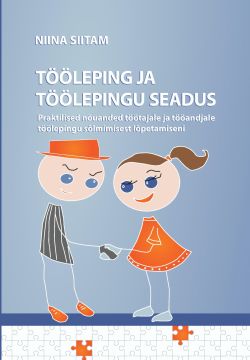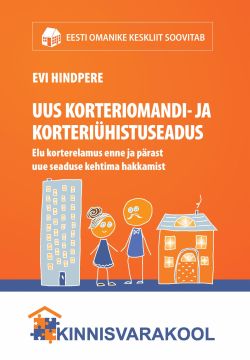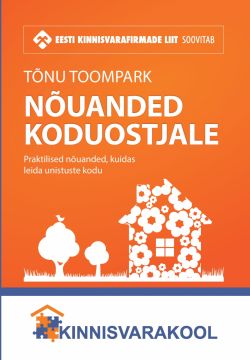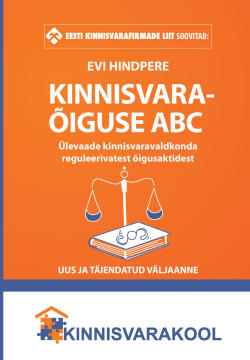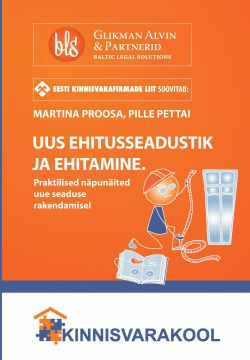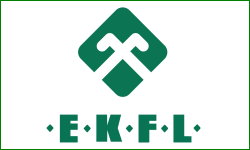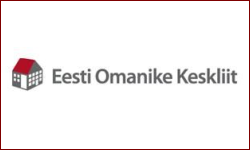 In 2018, the average full-time gross wage amounted to EUR 1310, up by 7.3%, in a year. The average gross wage increased in all sectors. The average wage was the highest in ICT and finance. A rapid growth in the average wage is supported by a shortage of labour and a hike in the minimum wage. Irregular bonuses and premiums increased markedly, adding 0.8 percentage point to the total growth in the average wage last year.
In 2018, the average full-time gross wage amounted to EUR 1310, up by 7.3%, in a year. The average gross wage increased in all sectors. The average wage was the highest in ICT and finance. A rapid growth in the average wage is supported by a shortage of labour and a hike in the minimum wage. Irregular bonuses and premiums increased markedly, adding 0.8 percentage point to the total growth in the average wage last year.

Consumption grew more slowly
The average net wage rose by around 12% in 2018. The average real net wage grew by a tenth. That is of a similar magnitude seen during the peak of the previous cycle. Due to a strong wage growth and higher social transfers, families’ assessment of their financial situation is the highest on record and well above the level of the previous economic boom (data by the Estonian Institute of Economic Research).
Private consumption increased much less than the average net wage, by 7.1% in current prices, as people saved more, partly due to the change in the amount of non-taxable threshold which now depends on one’s revenues (and was, therefore, hard to predict for those whose incomes are volatile). The stock of deposits is growing fast (+10.3%, over the year, in January 2019), but many households still have no or very limited financial reserves. According to the Bank of Estonia, 40% of households have less than EUR 1000, and a fifth of families less than EUR 100, in savings.
Wage growth is expected to say rapid
The number of job vacancies and the number of persons leaving on their own initiative remained high. The shortage of labour was the main factor restricting business for a fifth of manufacturing and a quarter of services’ and construction companies in January 2019. Thus, wage pressure will persist. The average gross wage should grow by around 6% this year. Minimum wage will rise to EUR 540, up by 8.0%, over the year.





